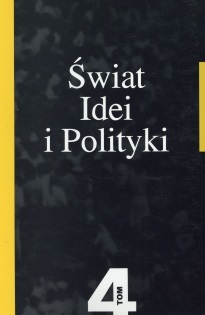The thousandth anniversary versus the Millenium. The thousandth anniversary celebrations of the Polish State in Bydgoszcz and Bydgoszcz Province in 1966
DOI:
https://doi.org/10.34767/SIIP.2004.04.11Abstract
In 1966, the main ceremony of the thousandth anniversary of the Polish State took place nationwide, which was to be a competition for the church Millennium. This study shows a course of the Millennium celebrations with a special consideration of the local events in Bydgoszsz and Bydgoszcz Province. In the first period of the celebrations (1960-1965), a number of mass actions of social and political character were carried out (e.g. the 550th anniversary of the battle of Grunwald, the 20th anniversary of the Polish Peoples’ Republic, the 630"1 anniversary of the battle of Plowce, 20th anniversary of the Polish Workers’ Party). The tension in relations between the State and the Church was piled up in the last year of the Millennium celebrations to which the local authorities of the Bydgoszcz Province were preparing extremely meticulously. The celebrations included meetings with soldiers and civil citizens, talks with the Parish clergy (the “Rector” action) and the Millennium relays being secular pilgrimages which, as a matter of fact, were to be a replica of the church ones. The latter used to be limited by the authorities just by reducing the number of trains going to the places of religious worship, for instance, to Częstochowa. Another initiative to reinforce a propaganda effect of the Party on the society and, at the same time to weaken the prestige of the Episcopate, was to organize jubilees and anniversaries of various types. As early as 24lh March, 1966, a document of the Central Committee of the Polish United Workers’ Party outlined that the main ceremonies would take place on the Labour Day, i.e. the 1st of May, and on the day of Poland’s Rebirth on the 22nd of July, 1966. Undoubtedly, it aimed to neutralize the main church celebrations scheduled for the beginning of May in Częstochowa. Both the description on preparing the working class holiday- the 1st of May and other accompanying events make a basic content of the present study.

